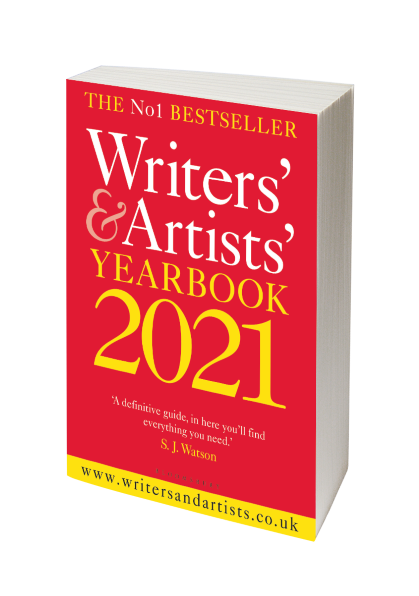Scriptwriter Russell Lewis with some tough-talking advice about making your way into the competitive and collaborative business of writing for television, and how, when that break comes, you can succeed if you're prepared to give your all and never stop learning...

The stock reply to the question, ‘What advice would you give to someone who wanted to be a television writer?’ is, of course, ‘Don’t.’ Seriously.
It’s difficult to catch a break and find a way into the industry – but then, you know that, or you wouldn’t be reading this. However, I promise you, if you have talent then somewhere, amongst all the pain and patience and frustration and anger and more patience, something will happen. You will get better at what you’re doing. And ‘getting better at what you’re doing’ is a process without end. Every day is a school day.
Outside of the ‘soaps’, long-form drama series with high volume and turnover where a writer can develop their chops are few. The BBC has its writing scheme – and that’s a way in for some. That route leads, typically – in the first instance – to continuing drama, a.k.a. the aforementioned ‘soap’.
The other thing the BBC’s Writersroom has (at least at the time of writing) is a brilliant resource of scripts that you can download and read at your leisure, by people who really know what they’re doing. Read every play, script and screenplay you can get your hands on. That’s how you learn to know your way around a script. You watch the shows, and you read the scripts. See what was dropped; see what was added. Take note of who the script editor was. Get in touch with them. If you’re local, offer to buy them a cup of tea in a brightly lit public place and throw yourself upon their mercy. They will know far better than anyone which shows are crewing up, which are looking for writers, what’s in development, which of the afternoon dramas have a slot. If you are not local, try to do the same thing, initially, via email. Become pen pals, but (useful tip) – don’t be weird. And remember – TV doesn’t have to be your first port of call. A well-received fringe play or radio play can open just as many doors as the spec script. Get a rehearsed reading together. Invite agents and script editors and producers – especially agents – because representation is important. It will help get you in the room; after that you’re on your own.

When that break comes, be ready to throw everything you’ve got at it. If you’re pitching for a slot on an existing show, find the gap in the internal market. Know that show inside out. If everyone else is turning left, you turn right. Nothing to frighten the horses – you’re not there to reinvent the wheel – but there will be characters who have been a bit under-served, or a coming curve that you can get ahead of. Furthermore, leave your pride and ego at the door; they’re surplus to requirements. No matter how much you privately disagree, you will attend to the notes you are given diligently and with utmost dispatch, as if they were the Word of God. If that means you have to go a couple of nights without sleep to make the production deadline, then that is what you will do. This is not your great oeuvre or meisterwerk; this is episode 5, series 3, of whatever it might be. SERVE THE SHOW. Cut the throat of your favourite lines and characters and scenes if ordered to do so, without flinching or a moment’s remorse. Stay light on your feet as production issues arise which will inevitably impact your script. Don’t be precious about any of it. You’ve just lost the most important location? Write around it.
This is an abridged version of an article taken from the Writers & Artists' Yearbook 2021, which is available now from Bloomsbury.com
Russell Lewis is a screenwriter who has written for TV series including Between the Lines (1992), winner of the Writers’ Guild of Great Britain TV Original Drama Series Award, and Murphy’s Law (2003). He devised and wrote the TV series Endeavour (2012) and adapted Agatha Christie's novel The Pale Horse (2010) for the fifth series of ITV's Agatha Christie's Marple. He also co-wrote three of the Sharpe films. Russell began his career as a child actor. His earlier TV credits include episodes of Perfect Scoundrels, Taggart, The Bill, Wycliffe, Inspector Morse, Kavanagh QC, Spooks and Lewis.
Photo by Dave Weatherall on Unsplash
Comments